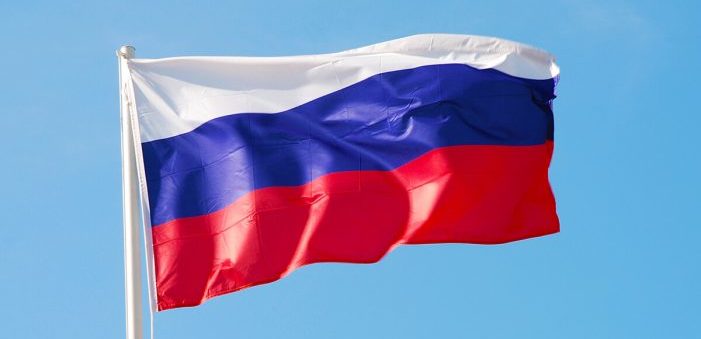The COVID-19 pandemic affected the Russian economy in February, when production in China dropped and oil consumption seriously decreased.
According to Karl Gofman, Rotterdam Representative Russia and Baltic States, the number of infections increased dramatically during March. By March 18, Russia halted foreigners from entering Russia, while from March 28 all international flights were stopped.
In April, the industrial production in Russia declined by 13.3%. Russian government expects a GDP drop of 8% in the second quarter of 2020. The European Commission forecasted the GDP in Russia will be 5% lower in 2020 vs. 2019 as a direct result of the corona virus and the low oil prices.
Concerning the ports, during the first quarter of 2020 the throughput of Russian seaports grew by 2.4% including an increase of container throughput of 1.6%. In January – March 2020 the turnover of all Russian seaports grew by 3.7% or 280 million tonnes. In that period Russian ports handled 1.76 million TEU which is 0.5% less than in 2019. The export of crude oil from Russia in January – April 2020 was 86.3 million tonnes or 1.8% less compared to last year.
In January – May 2020 Russian seaports handled 351.4 million tonnes, up 3.2% year-on-year. In the Baltic Sea, Russian ports handled in that period 110.9 million tonnes (+2.6%) including 44.9 million tonnes of dry cargo (-2.4%) and 66.4 million tonnes of liquid bulk cargo (+6.2%). Container handling in Russian ports dropped in 5 months by 1% to 2.2 million TEU (import of laden containers is lower by 4.5% but export of laden containers grew by 9.4%).
Concluding, Russia’s economic recovery depends not only on the covid situation inside Russia, but also on the resiliency of the global economy and the oil prices.

































































